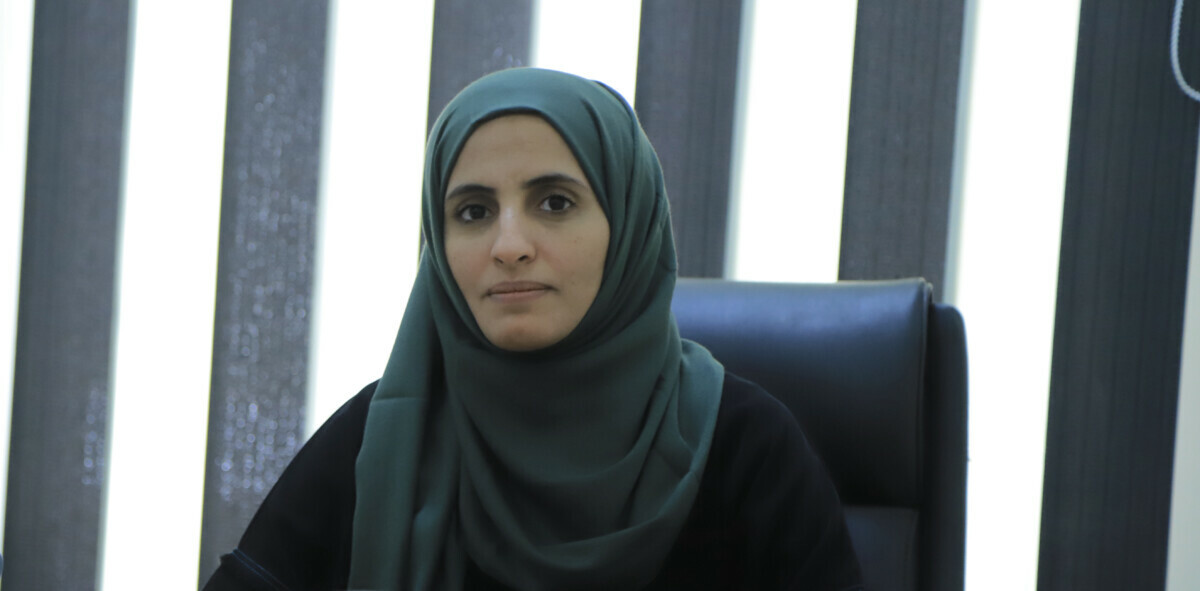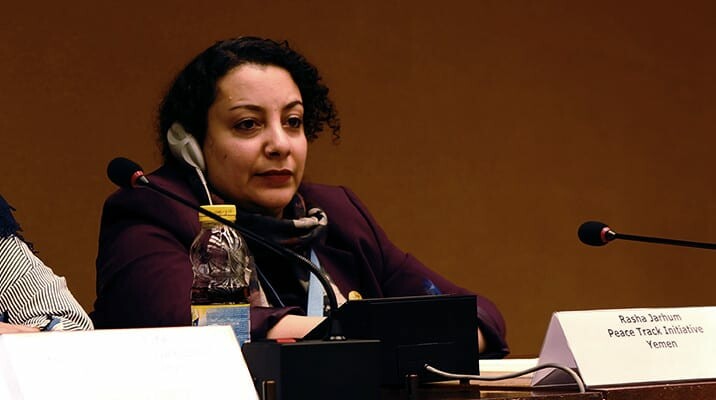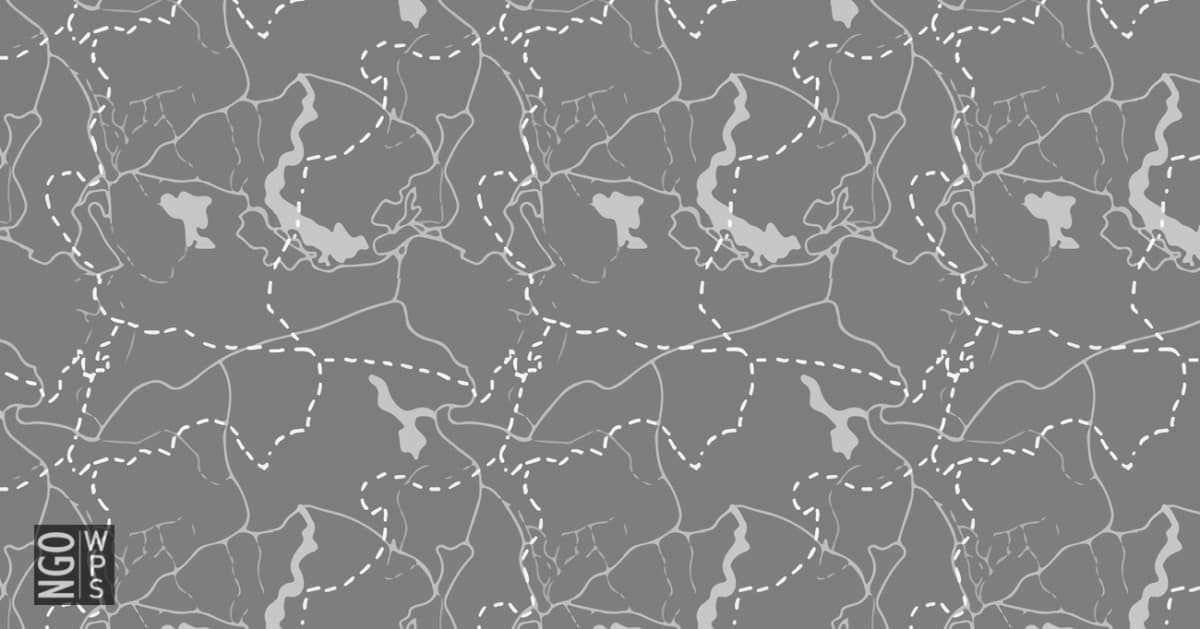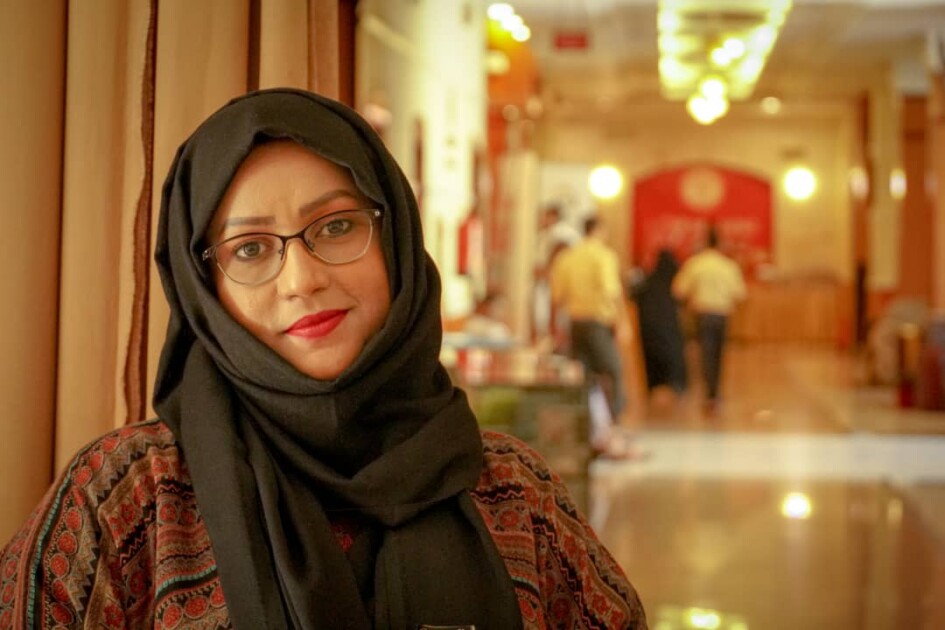Yemen
Yemen
Current and Past Recommendations to the UN Security Council (Monthly Action Points)
During any forthcoming discussions of the situation in Yemen, members of the Security Council should articulate their unwavering support for inclusive Yemeni-led and Yemeni-owned political process with the full, equal and meaningful participation of diverse women, youth and civil society of all political backgrounds from all regions of Yemen, including in the truce and ceasefire negotiations, as well as broader political and peace processes. Relatedly, Council members should demand that all UN-supported peace committees include women, including the Prisoners’ Exchange, the Taiz, and the Security and Military Committees, as well as in any committees formed in the future. In the most recent prisoner exchange process, only one woman was exchanged out of 887 total individuals; this underlines the urgency of ensuring that women not only are part of the committee and process, but that the process itself mainstreams gender as a cross-cutting issue. Council members should demand all parties to conflict, and their allies, uphold international humanitarian, human rights, and refugee law, and emphasize that women’s human rights should be non-negotiable in any peace and political process. Ongoing human rights violations targeting marginalized communities, including diverse women, persons with disabilities, lesbian, gay, bisexual and transgender people, displaced persons, migrants and ethnic and religious minorities continue to be documented. In particular, women and girls face restrictions on their freedom of movement resulting from the requirement that women are accompanied by a mahram (male guardian), lack of access to basic services, including sexual and reproductive health services, and threats and risks, including arbitrary detentions, enforced disappearances, hate speech, and even targeted killings, particularly for women peacebuilders, human rights defenders, political leaders, activists, artists, and journalists. In recent months, new government-led restrictions on the operations of women-led and civil society organizations have created a shrinking space for women’s social and political participation. Further, Council members should reinforce the unacceptability of the increase in cyber-attacks and violence targeting women, which is threatening their safety and security and preventing their participation in public life. Alongside these concerning developments, there are further indications that policies could be enacted which result in discrimination against women in other aspects of their life, such as higher education; the gradual adoption of policies that facilitate the undermining of women’s human rights signals the importance of ensuring the international community places women’s rights and gender equality at the heart of its efforts in Yemen.
Relevant Resources







